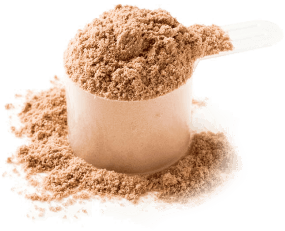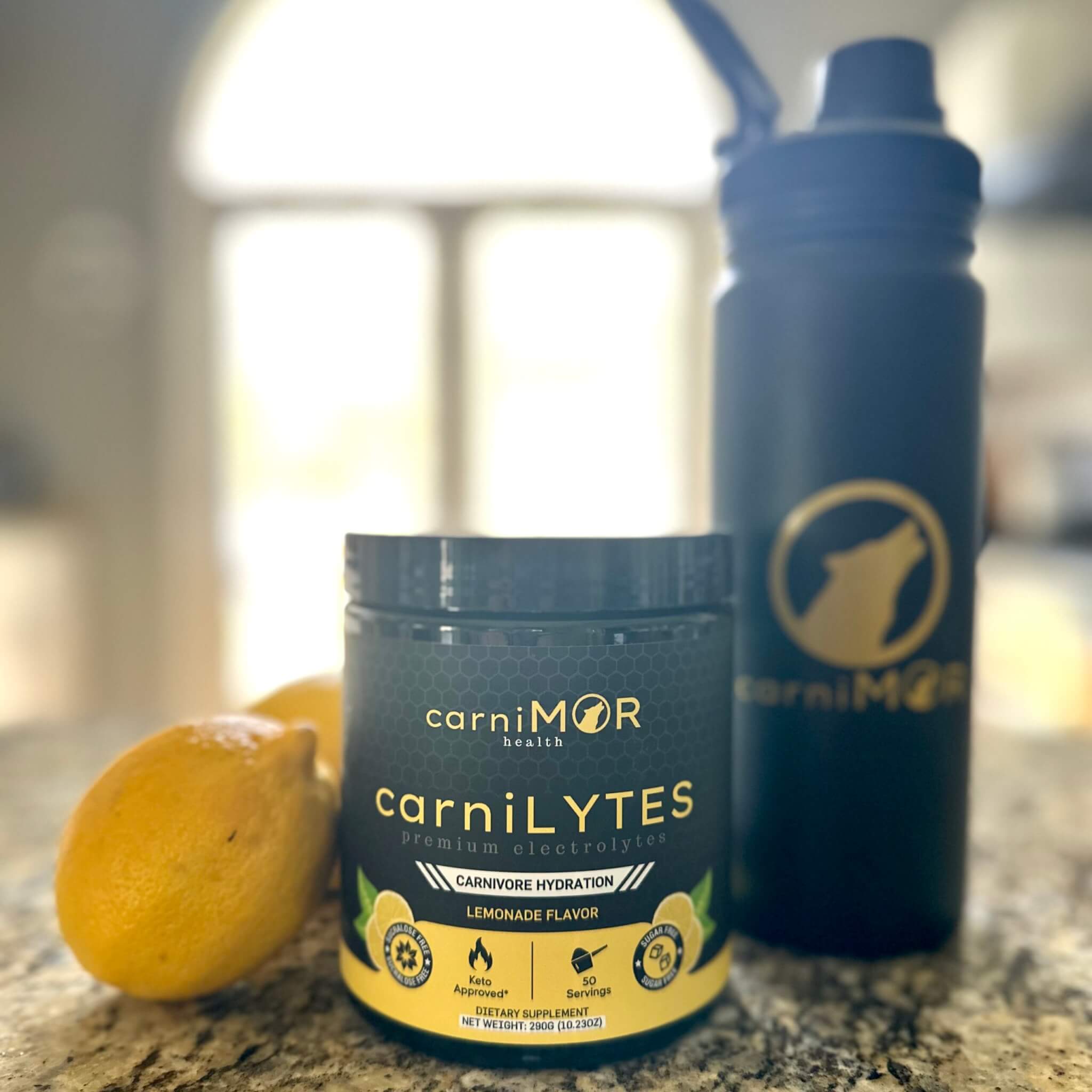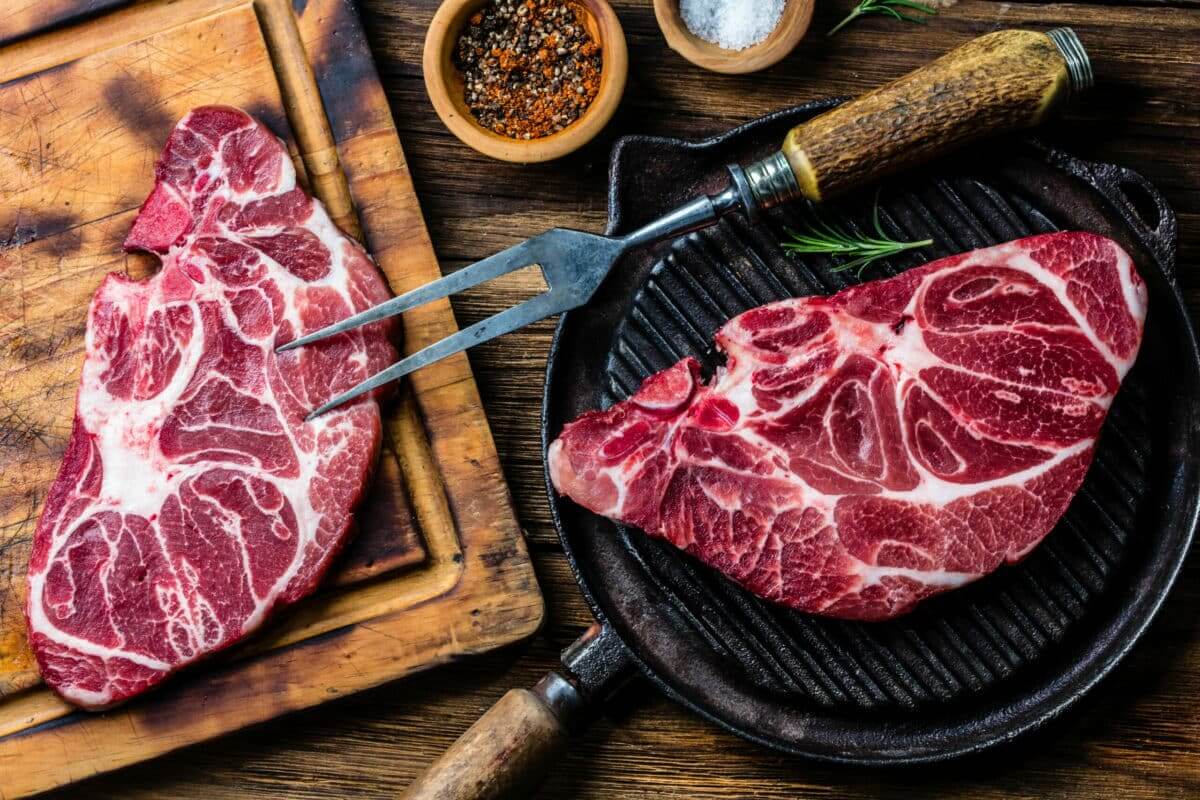November 11, 2024
carniLYTES: The Ultimate Hangover Hero for Carnivores
- Post By - carniMOR
- 0
- Views







Carnivore Hydration

The Carnivore Diet
"I've had countless people reach out to me telling me that their autoimmune symptoms have gone down, that their depression has gone away, that their anxiety has gone away"

"When you're eating nothing but meat, you're getting all of your essential amino acids, all of your essential fatty acids, and you're getting all of your vitamins and minerals"

"The carnivore diet is the ultimate elimination diet. You're eliminating all the garbage, and you're left with the best food possible"

- Low Carb - Keto - Carnivore Diet -
- Want to Know More? -